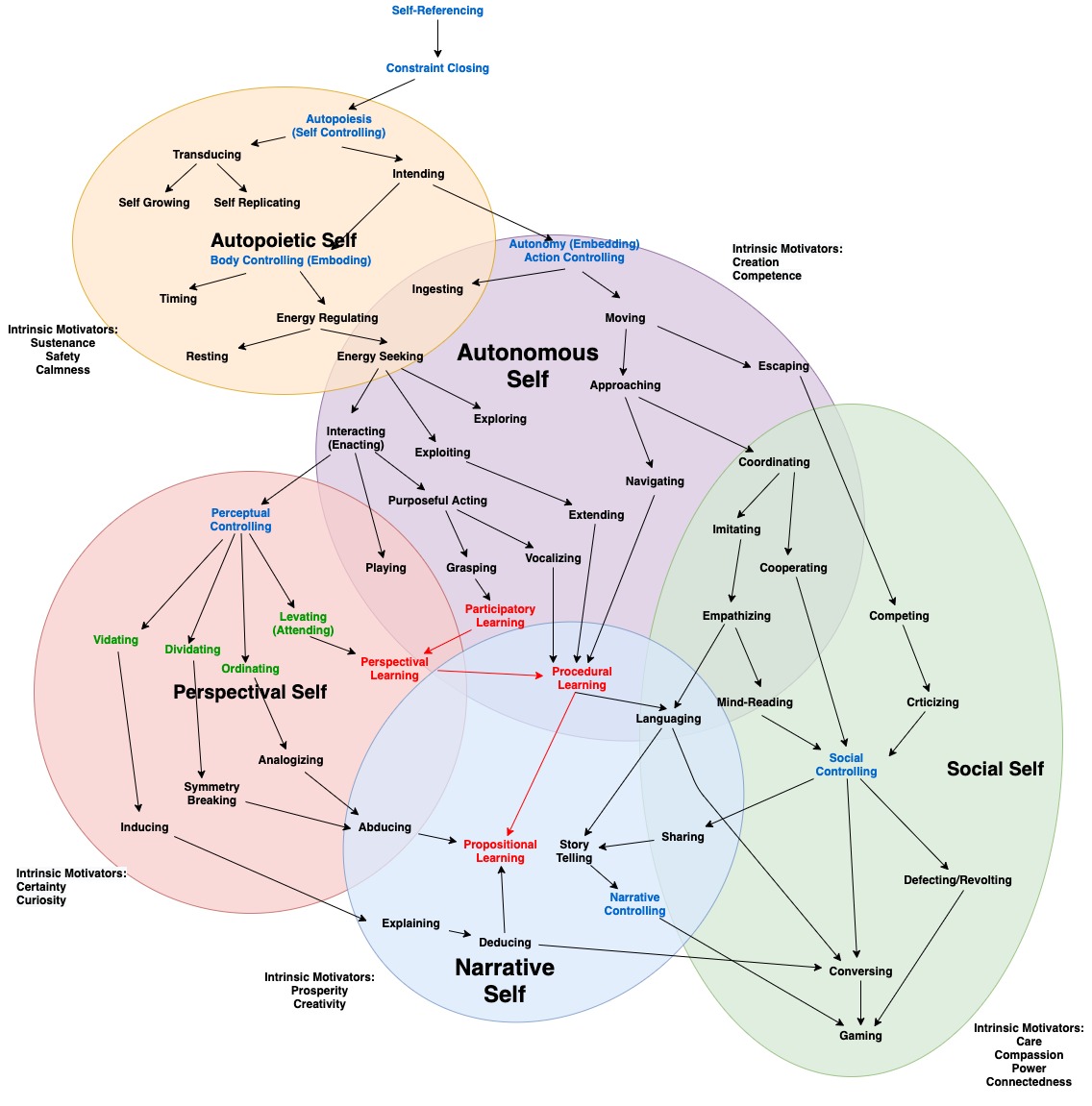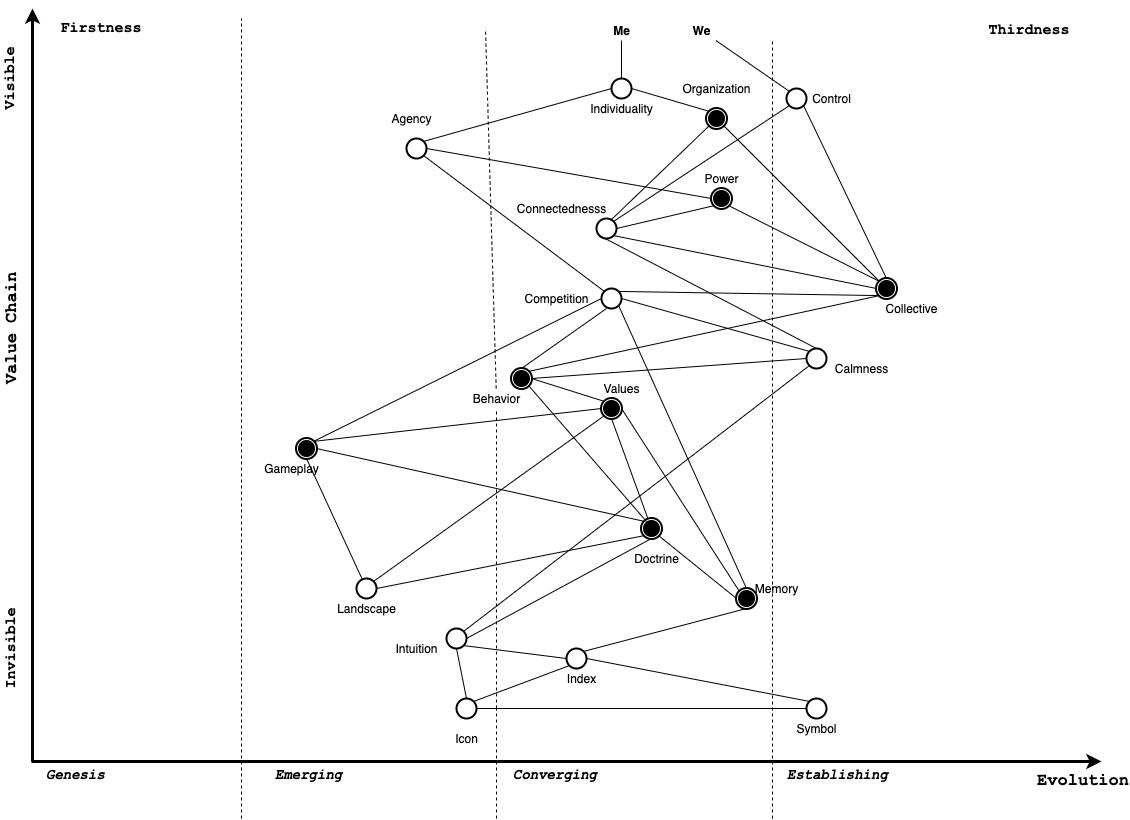
Damasio in his book 'The Strange Order of Things' argues that the core of condition lies in homeostasis. I agree with this generalization. But let me work out in a tweet storm how consciousness relates to homeostasis.
Human consciousness is related to awareness of surprising or threatening observations. It's an error-correcting mechanism that lends attention to discrepancies of our expectations of the world.
The mind is composed of many layers of cognition. Also, its massive parallelism implies reducing the conditional checks required for error correction.
To do this, consciousness is engaged only in a time-sliced manner in a periodic manner. The majority of time spent is in unconscious activity with only periodic activation of the conscious error-correcting process.
The system 1 unconscious intuitive mechanism minimizes the effort of performing error correction. It is automated and driven by habit. It is like a river flowing without obstructions.
In the cognitive state of flow, where there is a combination of challenge and mastery, consciousness resides mostly in the background. That is because mastery implies automated and competent thought. The kind that can anticipate errors and rarely makes a mistake.
It takes a while to wrap your head around the idea that consciousness itself is an unconscious process. It is that system 1 process that focuses its attention on relevant information flowing in the unconscious.
The conscious process itself is unconscious. This should not be a surprising conclusion.
Homeostasis for complex brains requires the development of a self-reflective System 2 process. Consciousness is sequential cognition, but each step in that sequence is a System 1 process.
Complex minds have many homeostatic processes, there are in constant collaboration with each other. One can think of a homeostatic process as a kind of self. Complex minds have many selves. The narrative self, driven to diet, can override the hunger needs of the bodily self.
For a body to balance in motion, a mind must be able to solve a constraint problem that involves multiple forces. In the same manner, the mind is solving a constraint problem between different motivations of the various selves.
Consciousness is that grand central station where there is a convergence of relevant information across many self models. It provided the consensus model so a body may act as one.
Minds construct themselves by interacting with their environment. Each self constructs a sophisticated model to maintain homeostasis. 

Homeostasis thus is the preservation of a state that is defined by a higher-level abstractions. The social self as an example is driven by motivations like care, compassion power and connectedness.
An informative way of understanding the interactions of various selves is through the use of a wardley map. 

We can construct a Wardley map of the relationships of various selves. Also informative is the relationship of various stages of spiral dynamics.
@threadreaderapp unroll
Expanded further in this blog entry: medium.com/intuitionmachi…
• • •
Missing some Tweet in this thread? You can try to
force a refresh


